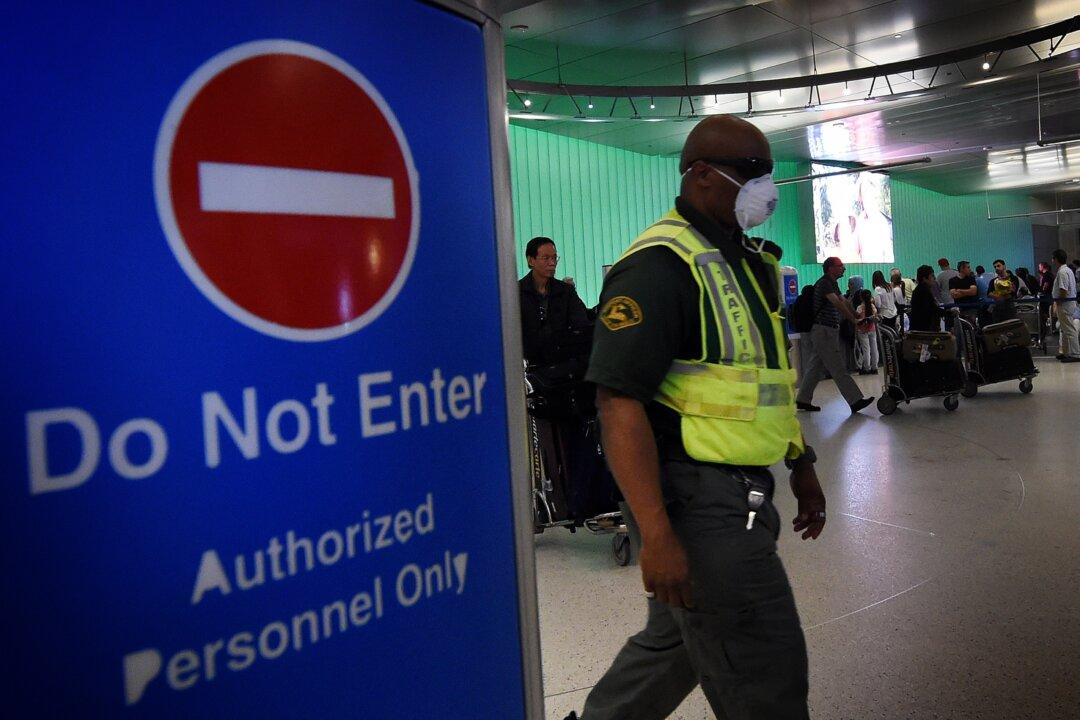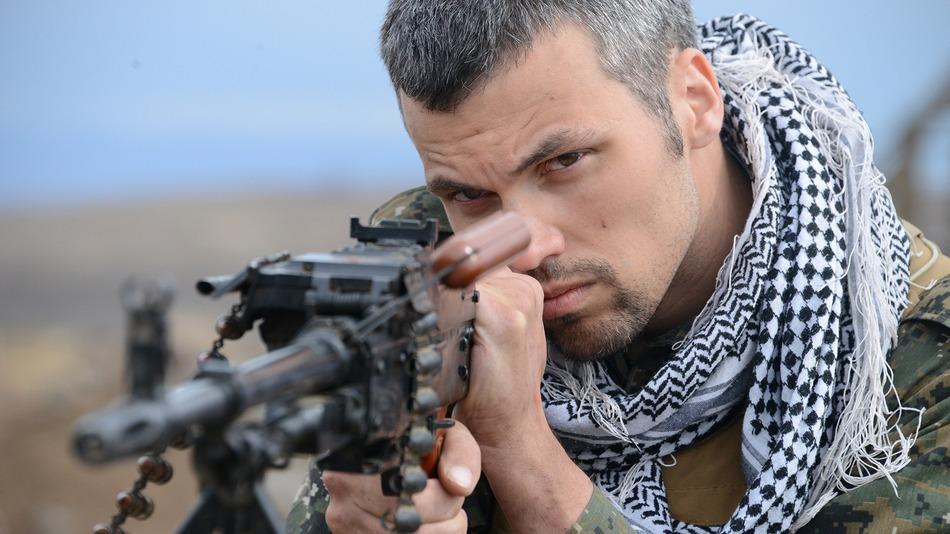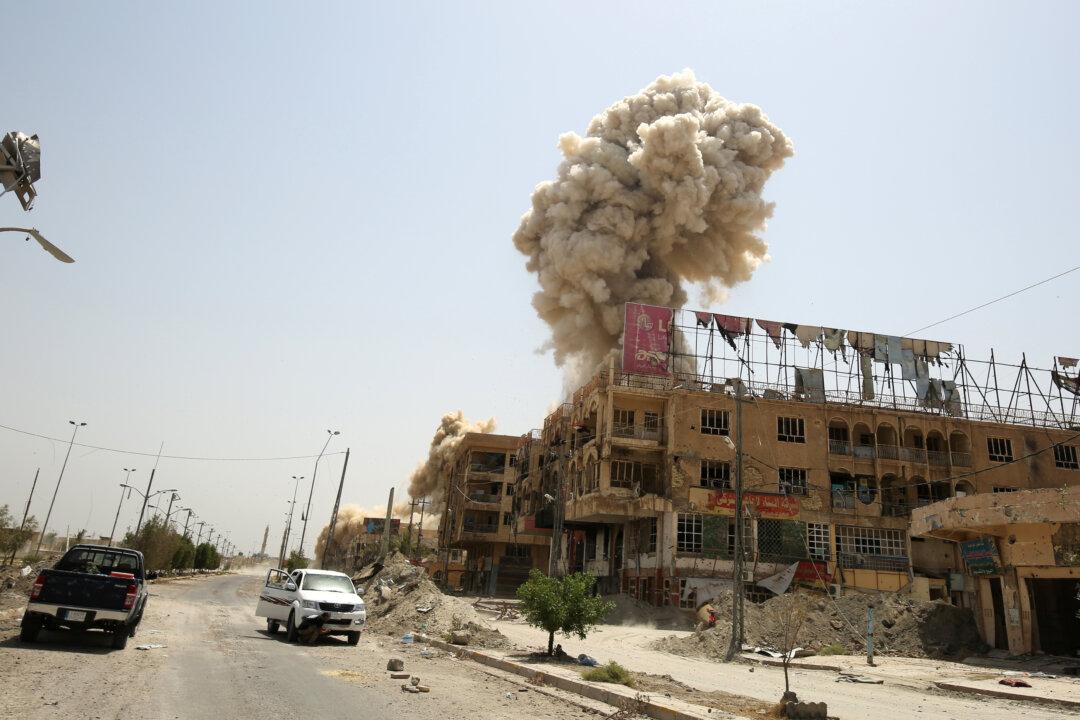Defending their response to the deadly Ebola virus while acknowledging some serious missteps with the country’s first patient, officials on Thursday dismissed the idea of banning airline flights from impacted West African nations.
“We know certain countries where the epidemic is originating—why not stop them?” asked Rep. Henry Waxman during a congressional hearing on Capitol Hill to Centers for Disease Control and Prevention’s Director Dr. Tom Frieden.
Frieden, who has come under heavy criticism for the CDC’s response to the Ebola cases in the United States, said that a travel ban could actually further complicate the situation because of porous borders. Though Frieden did say the CDC “will consider any option to protect Americans,” he warned against the fallout from a travel ban, saying it would make it harder to screen on entry and get detailed travel information.
Porous Borders
“Borders are porous,” he said. “We wouldn’t be able to check them for fever when they leave, we won’t be able to check them for fever when they arrive. We wouldn’t be able to quarantine. We wouldn’t be able to get names and addresses of friends and relatives.”
About 100 to 150 people per day are coming into the United States from countries that have Ebola cases. Only about 94% are being screened.
Other governments are putting bans and restrictions in place, though.
The leader of the small Caribbean island of St. Lucia put out an order Wednesday to immediately bar entry to travelers coming from the three affected West African nations, Sierra Leone, Liberia, and Guinea. In Columbia, the government said it would also not allow anyone in who has traveled to those nations, plus Nigeria and Senegal, within the last four weeks.
Haiti’s prime minister sent a message from his official Twitter account that the U.N. peacekeeping force in Haiti was suspending the rotation of troops from African countries as a preventive measure because of Ebola. The force has been in Haiti since 2004, after President Jean-Bertrand Aristide was ousted.
Frieden and other health care officials also faced a litany of questions from members of Congress about preparedness, protocols, and a series of missteps that occurred at the Dallas hospital where the country’s first Ebola patient was cared for.
It has now been revealed that the patient, Thomas Eric Duncan, a Liberian national, was admitted to Dallas Health Presbyterian Hospital with Ebola-like symptoms but health care workers cared for him without protective gear for more than two days.
The hospital’s chief clinical officer, Dr. Daniel Varga, also admitted during the congressional hearing that the facility had made mistakes in Duncan’s initial treatment.
“We did not correctly diagnose his symptoms as those of Ebola,” Varga said. “We are deeply sorry.”
Two nurses who cared for Duncan contracted Ebola, and both have been moved to facilities in other states that are better equipped to care for them. Amber Joy Vinson is at Emory University Hospital in Atlanta, and Nina Pham was moved to a National Institutes of Health hospital in Maryland.
Flub
Vinson, who tested positive for Ebola early Wednesday, was cleared to fly on a commercial plane from Texas to Ohio by the CDC after reporting a temperature of just below 100 degrees. A fever can be one of the symptoms of Ebola. Though Vinson was quickly quarantined, the flub has led many lawmakers to call for a travel ban.
President Barack Obama is resistant to such a ban. Addressing the media Wednesday, he said that his administration will be addressing the threat in a “much more aggressive way.”
But that does not include a ban on travel to the United States from the Ebola-stricken countries, according to comments made by spokesman Josh Earnest on Thursday. Earnest also said that the president believes the United States is already doing what it needs to do to protect the public by screening passengers as they depart West Africa and again when they enter the United States, Earnest said.
The Associated Press contributed to this report.




